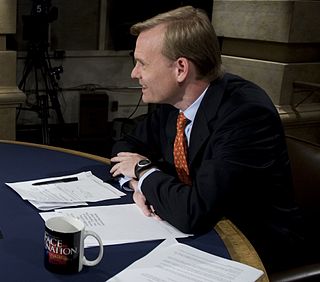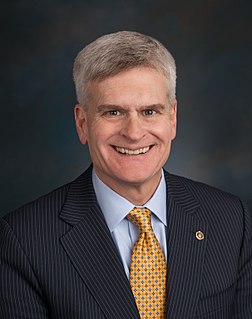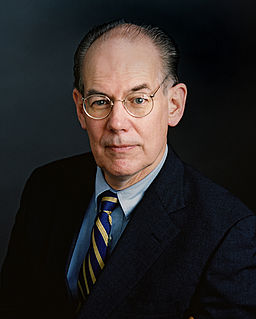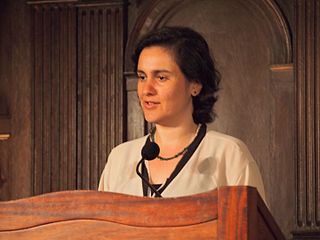A Quote by Jenna Wortham
As we now know, cyberspace did not liberate human society from pre-existing socioeconomic hierarchies and power structures.
Quote Topics
Related Quotes
People out there with pre-existing conditions, they are worried. Are they going to have the guarantee of coverage if they have a pre-existing condition or if they live in a state where the governor decides that's not a part of the health care, or that the prices are going to go up? That's the worry.
Having a love ethic, as opposed to simply being in love, or having a lover, means love is the way you actively choose to engage with the world - whether you're in a relationship or not. It's not about disappearing into existing structures, norms, and privileges. It's precisely about breaking with the existing structures, values, and norms that prohibit real love in our culture.
For loving, working, and creative people to throw off the yoke of power it is necessary to abolish power itself, not merely to make the yoke comfortable. Where some have power, others do not, and the two classes persist. A free society is where all have power-power over and responsibility for their own lives, power and reason to respect the lives of others. This is also a society without classes, a society of human beings, not rulers and the ruled.
One of the things I enjoyed when working in manga was when I couldn't tell where anything was going because there weren't narrative tropes and structures I was used to. After doing it for seven years, I got to the point where I did see structures. I did start to learn, but at first I didn't know where it was going. It was very exciting for me.
Whereas a lot of Buddhism concerns itself with stages of enlightenment, various precepts and moral codes, and even power structures and hierarchies, Zen is just like, 'Shut up, sit down, and observe your thoughts - oh, and by the way, what you perceive as you' doesn't actually exist.' I loved the minimalist approach of it.
No self-respecting feminist could argue with the claim that the novel is more likely to accept existing power structures than not. But there's a vast difference, surely, between Dickens saying Indians should be exterminated and a Dave Eggers writing eloquently about the NSA, but not being as outspoken on American military power abroad.

































